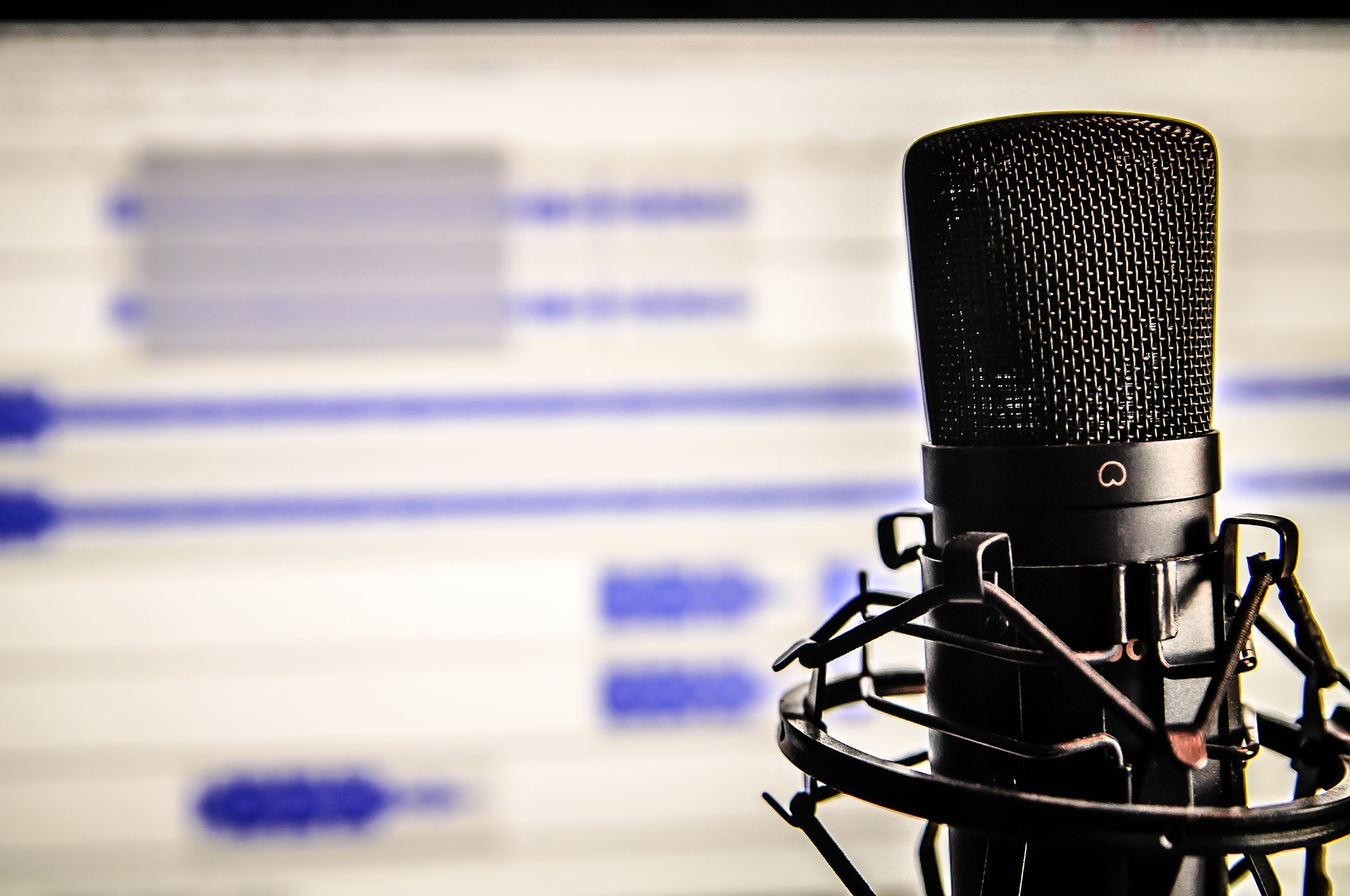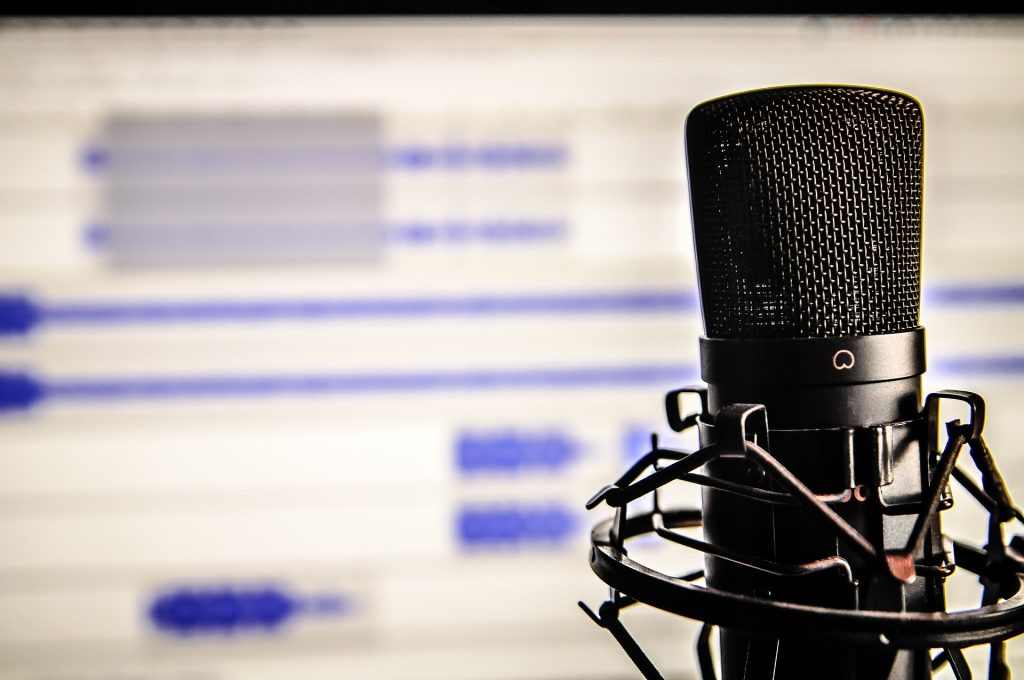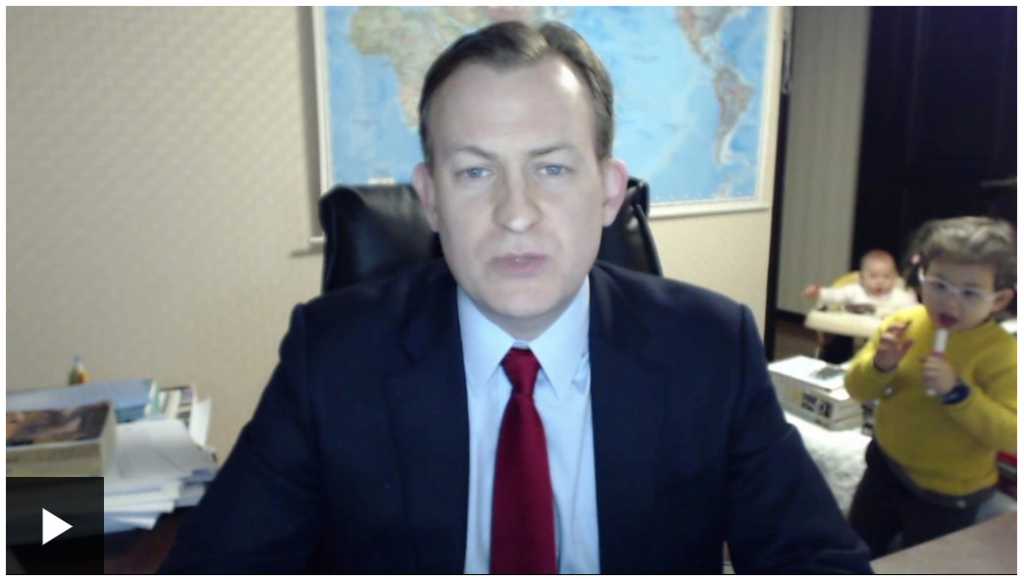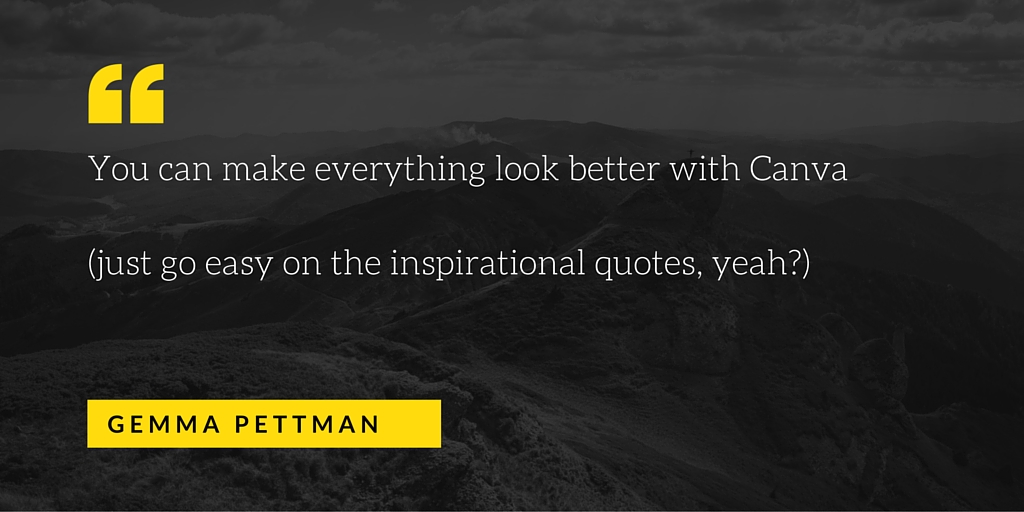How to prep for a radio interview
Radio is by far my favourite medium. As a child I danced along to the charts on a Sunday evening, at secondary school I was introduced to Radio 4’s Today programme, and as an adult at the start of my career I compiled and broadcast the news on a local radio station in Kent.
Radio enables pictures to be painted with words. The interviewees who stand out in my mind are those who fizzed with passion for the issue they discussed, or whose descriptions transported me from the studio to another place entirely. But what if you’re on the other side of the desk?
If the prospect of being interviewed on the radio leaves your mouth feeling dry, I have some tried and tested advice which will help:
Do your research. Your interviewer will know all about you so be sure to do your homework too. You may be able to listen to recent broadcasts on a catch-up service but at the very least you can read up on them and the radio station online.
What’s your point? Consider the two or three key messages you want to get across, but also give thought to how you might answer any tricky questions. Being prepared will help with last-minute nerves, but don’t over-rehearse or you will sound wooden. Avoiding jargon and acronyms that are unfamiliar to your audience will also help you to sound more natural.
Make sure your environment is right. Switch your phone off, ask for a glass of water and get settled in your chair. You may be asked to wear headphones so pop them on ahead of time and adjust them to fit comfortably.
Breathe. Dead air doesn’t work well on the radio, but this shouldn’t deter you from taking a moment to consider your responses or pause for effect. What sounds like a long silence in your head is, in reality, a second or two.
Be passionate. Whether you’re being interviewed about a light-hearted topic or serious issue, let your voice show you care. If you smile when you speak, the listeners will hear it and the same goes for eye contact with your host; you will sound more confident. People connect with people so take your personality into the studio with you.
Don’t fudge it. Remember that your interviewer will want to get the best out of you. It’s unlikely you’ll face a Paxman-style character who tries to trip you up. That said, if you really can’t answer a question don’t bluff or worse, make it up. A helpful line to consider using is: ‘I’ll gladly look into that and perhaps you’d have me back to discuss it further.”
Sell subtly. If you have a product or service to promote, or are seeking support or donations, avoid turning the interview into an extended sales pitch. The interview is an opportunity to connect with your audience. Your knowledge, experience and manner will help listeners warm to you, leaving them more likely to act on your request or offer.
When it comes to ‘down the line’ or phone interviews, the same rules apply. Take extra care to eliminate any background noise and switch off email or other notifications which might sound on your phone. And lastly, make sure you’re not likely to be interrupted. We all remember this guy…
Once your time on air is done, ask if you can get a copy of the interview – some stations can send a digital file – and thank your interviewer by way of a note or card. Keep an eye on the station’s social media channels as they may post extracts from the interview which you can share with your own followers.
As excruciating as it might feel, listen back to the broadcast. Don’t be too critical, but listen out for any distracting verbal tics (‘umm’, ‘errrr’, ‘so’ and ‘okay’ are some common ones) and be mindful of them for next time.
If you have tips for acing radio interviews, share them in the comments below.
[Image source: BBC World]
Tags In
Categories
- Content Creation (3)
- Events (6)
- Freelance Life (5)
- Guest Post (1)
- Media Relations (2)
- Social Media (11)
- Storytelling (8)
- Tips & tricks (9)
- Volunteering (5)






